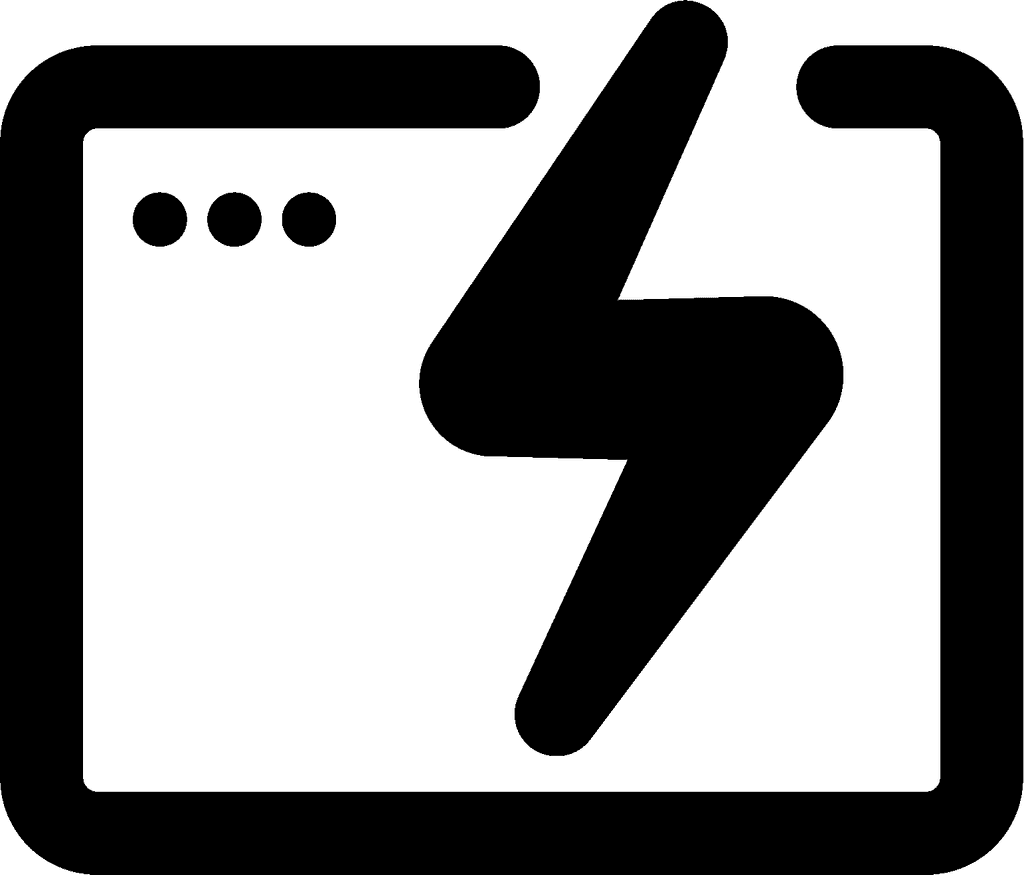Enhancing Engineering Experience with AI Support Integrations
Torn between handling repetitive tasks and working on demanding projects? Time to unlock engineering efficiency with AI integrations so AI tools handle routine tasks and the engineers can focus on innovation.
Boosting Engineering Productivity with AI
Engineers already have lots of complex matters to handle each day, so AI support is taking the menial and repetitive tasks off their hands to give them back the time they need for projects. AI copilots, which handle repetitive tasks with the highest levels of efficiency, save time and resources, and lately, are getting smarter with customer requests. The results: increased productivity while saving human resources for challenging projects.
AI tools optimize workflows and improve decision-making in these ways:
Automate Tasks: AI copilots handle repetitive work efficiently.
Enhance Decision-Making: AI analyzes data and predicts trends to give engineers insights for better decisions.
Optimize Workflows: AI tools streamline operations, cutting downtime and boosting efficiency.
Adding AI to engineering is a game changer since AI supports integrations to improve engineering employee experience. The engineers work smarter with these tools and are more efficient since they can spend most of their time on complex matters.

AI Support Integrations for Engineering Teams
AI support integrations for engineering teams are reshaping the engineering landscape by offering intelligent insights and seamless communication. This means teams can now resolve issues quickly, making them more predictive and effective.
AI copilots utilize large language models to understand and respond effectively to complex queries to deliver simplified insights engineers use for their work. They have reduced the time it takes to study, analyze data, and make informed decisions. Risotto’s piece on AI integration in IT Service Management (ITSM) is insightful for teams that want to enhance productivity and predict system issues before they happen.
These are the primary ways that these AI copilots make work easier for engineers:
Predict Issues: AI systems anticipate potential problems and offer solutions before they escalate. This reduces downtime and fewer disruptions to workflow.
Facilitate Communication: AI tools give teams a centralized platform to share insights and updates, effectively enhancing team collaboration
24/7 Support: Engineers can access round-the-clock support, which means productivity is always high, thanks to AI-powered help desks.
When teams ditch the time-consuming, repetitive tasks, they become more productive and better at the more complex matters. AI support helps engineers predict problems before they escalate and helps analyze large chunks of data for faster decision-making.
Choosing the Right AI Tools for Engineering
Not all AI tools are ideal for your team, so when deciding, you want those that align with your organization’s goals. The ideal choice should enhance your engineering processes and drive innovation. You want to consider data security since the right AI tools must safeguard the sensitive information your customers share. Have robust security measures in place to prevent breaches.
Next, evaluate integration capabilities. The tools should integrate smoothly with your existing systems to maintain operational efficiency. Then, assess user experience with an intuitive interface where all users can learn how to work with the tools with minimal training.
These are the qualities of great AI tools:
Actionable Insights - The tools should provide clear, valuable insights to hasten decision-making.
Scalability - The best AI solutions will grow with your business.
Support and Training - You want tools with a great support system and training teams.

These factors will help businesses select AI tools that enhance engineering and support their strategy. Since AI in IT services is all about helping a business grow and innovate, your tools of choice should integrate perfectly with existing systems and be easy to use.
Integrating AI Into Engineering Workflows
The first step in integrating AI into engineering workflows is identifying areas that could benefit the most from automation. Repetitive tasks, data analysis, and AI support ticket management are some of the more labor-intensive areas where automation does well.
The next step is ensuring seamless integration with existing systems to avoid disrupting the workflow. AI copilots should connect smoothly with enterprise data management systems to automate tasks and provide real-time insights.
Doing this helps the organization remember that some tasks need to transition to human agents, so integration should enable that to happen seamlessly. Balance is key.
So;
Identify key areas that could use automation. Pinpoint tasks that AI can automate to save time and boost efficiency.
Ensure compatibility of AI tools with existing systems to avoid workflow disruption.
Maintain human oversight to escalate issues that need human intervention to the engineers.
AI copilots analyze data and predict trends to help engineers make informed decisions while allowing them to focus on critical tasks. Before integration, you want to remember to secure your data to avoid breaches. If the above steps are followed, an organization will achieve the balance it needs to integrate AI tools with its systems seamlessly and enhance team productivity.
Overcoming Challenges in AI Adoption
Some challenges organizations face when integrating AI with their systems are data privacy, system integration, and biases in AI models. The first test is to test alignment even before handling the other areas because negatively disruptive AI does no good. You want to streamline operations and reduce downtime with AI solutions, so everything should work to support this cause.
Once alignment is sorted and you have the models that work with your system, tackle data privacy. You want robust measures to reduce the chances of data breaches, and one way is by encrypting communication. You also want to limit access to protect sensitive information. Regular audits also help identify vulnerabilities.
Bias in AI models can skew results, so regularly assess and adjust algorithms to minimize biases. Your training data should be diverse and representative of real-world scenarios to help with bias minimization.
Engineering teams will need initial and ongoing training to be fully equipped with the know-how to work with AI. This training also emphasizes that AI in IT is a helping tool that doesn't replace human engineers.

Takeaways on AI Support in Engineering
AI support integrations have changed the engineering landscape in various ways. They boost productivity when the engineers leave repetitive tasks to the AI copilots so that the human resources can work on more demanding projects. The integration process requires streamlining tasks and workflow to determine what needs automation and when AI should escalate issues to human engineers.
Data analysis, which is time-consuming, is now handled more efficiently because AI tools can dig into large datasets and develop insights for fast and effective decision-making. Ultimately, it helps to view AI as an ally rather than the competition doing away with the human workforce.
AI continues evolving and offers engineering teams opportunities to innovate and grow. Embracing these technologies keeps businesses competitive and effective and the human workforce more productive.
Reach out to Risotto to test the best AI support in IT for your organization.

Build a more powerful help desk with Risotto
Minimize Tickets and Maximize Efficiency
Simplify IAM and Strengthen Security
Transform Slack into a help desk for every department
Schedule your free demo



